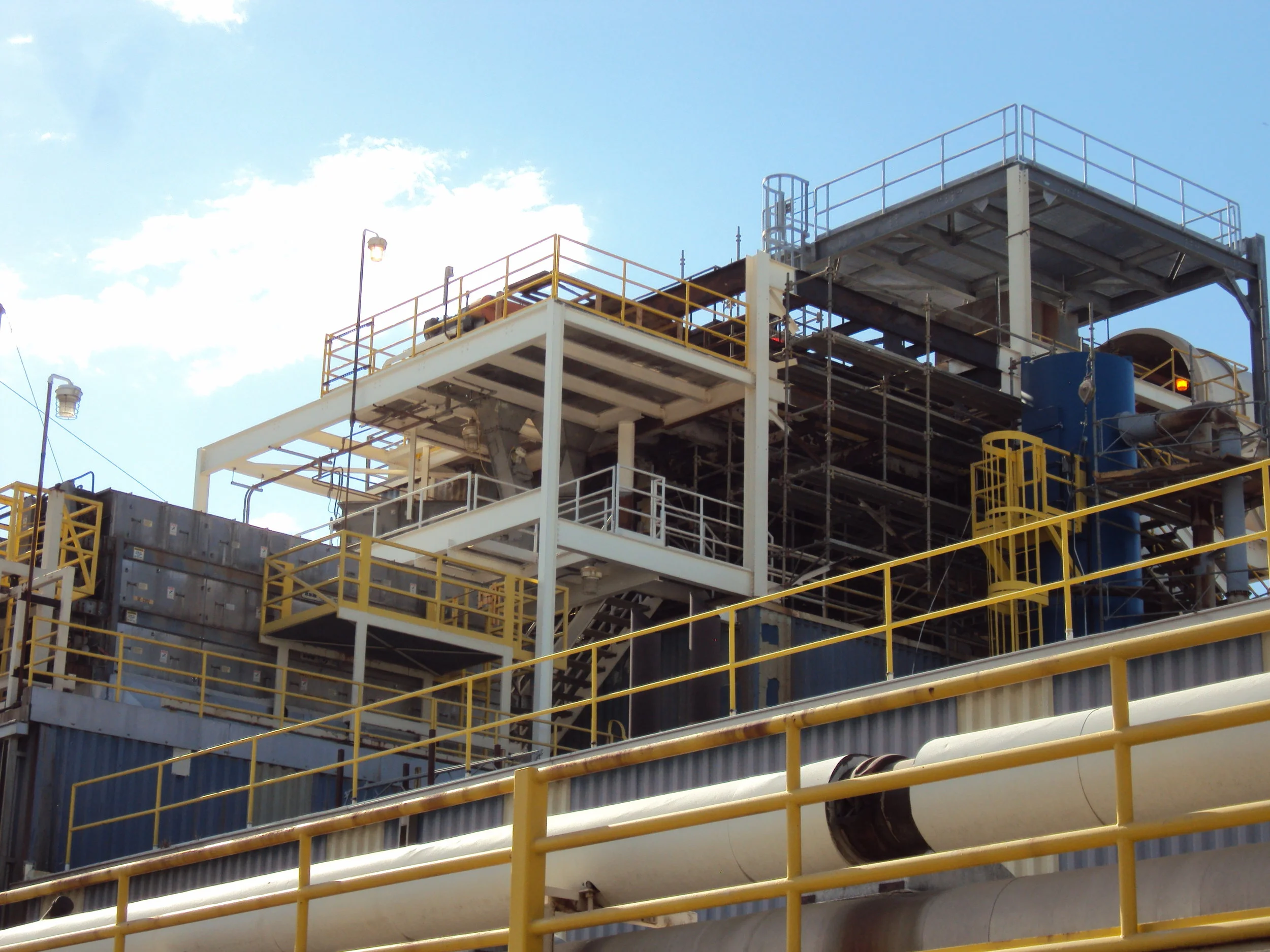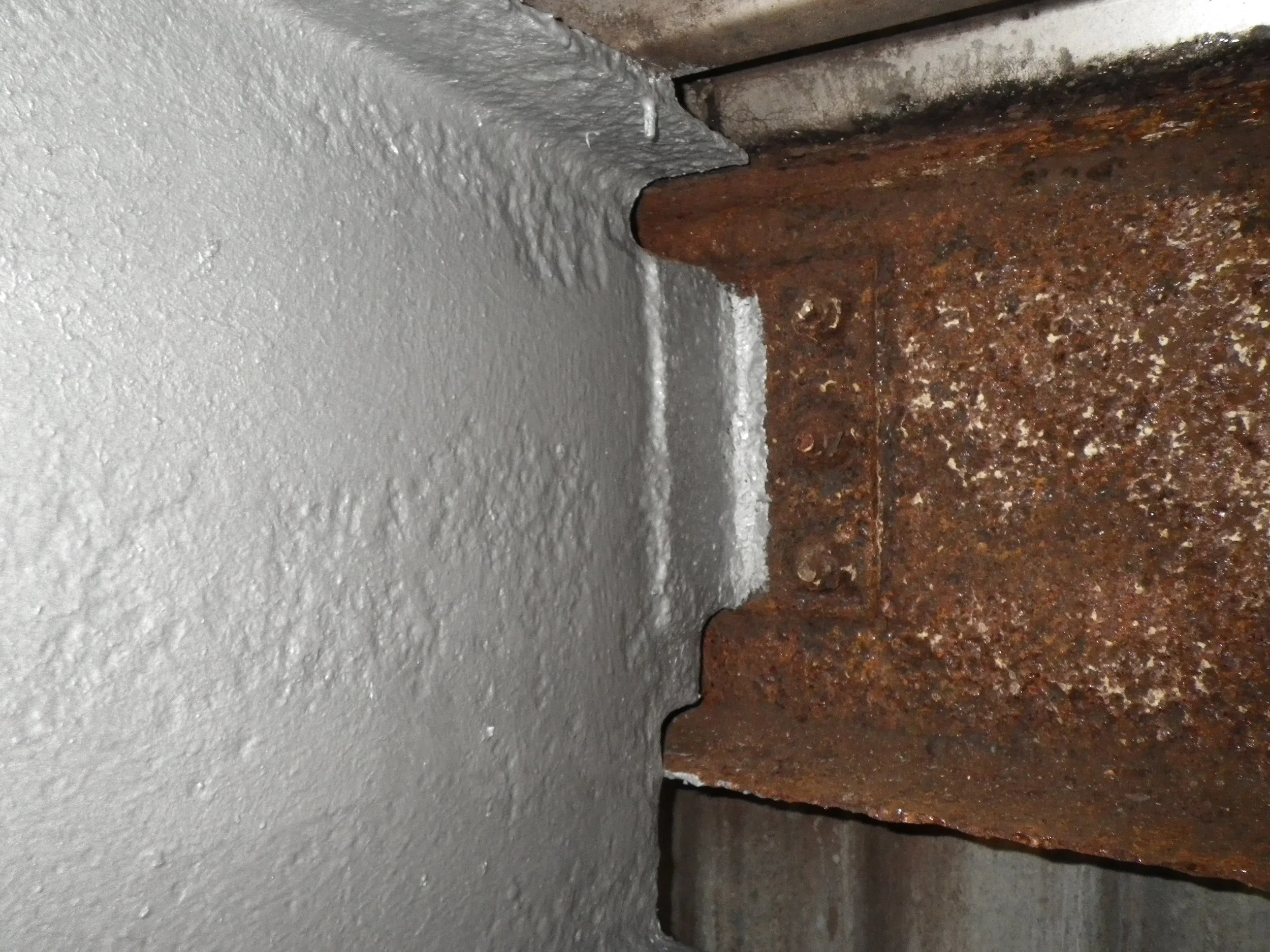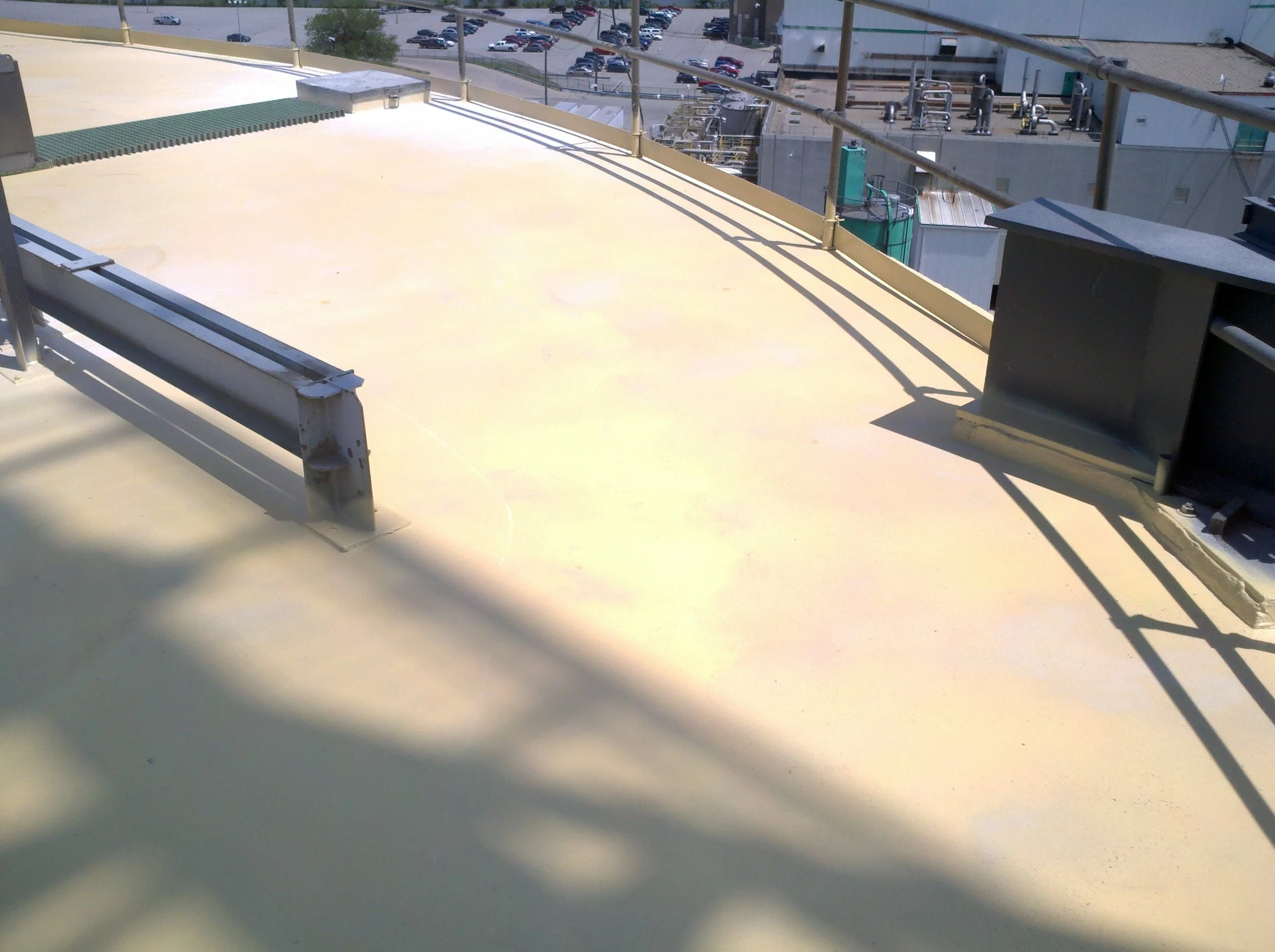ABOUT
Corrosion naturally happens when oxygen and moisture meet metal like iron and steel, most commonly occurring from atmospheric exposure. Steel and other metals form oxides when unprotected from the atmosphere. How your steel holds up from the effects of corrosion is dependent upon many factors like the surface of your steel and external factors like rainfall, airborne chemical pollutants, humidity, and salt water. The rate of growth of corrosion on your metal is a complex process directly affected by these elements. Whether the corrosion develops quickly or grows slowly over time, it is a certainty it will and it will corrode your structural steel, tanks, masonry, equipment, piping, etc. Corrosive oxide particles form on the steel and their unique reddish-brown color is why we refer to it as “rust”. A lot of scientific explanation could be offered to explain the composition and the spread of rust but everyone just wants to know how to prevent, halt, and repair the effects of this phenomenon. Dealing with the corrosion issues you face is where we come in.
The team at Standard Polymers has dedicated our own assets to fighting corrosion on your assets. We have four NACE certified inspectors on staff. Our on-site inspection experience, the research we’ve done and our formal training makes us uniquely qualified to assist you in this arena. It has led us to find and offer you the best-of-the-best of corrosion fighting materials. We supply products that are tough enough for your steel and strong enough to resist moisture and yet safe enough to use on water tanks. We have a history of working with companies from a wide array of industries who have all benefitted from the corrosion control products we offer and the knowledge we bring to the table.
Contact us for more information or for a specific quote for your industrial coatings project.
FAQs
What is the basic surface preparation for blasted surfaces?
In order to have a clean, dry surface result it is important to remove rust, mill scale, flaking or loose paint chips and mortar residue. Surfaces should be laitance free and be cleaned of all grease and oils. Your surface should be sound from a structural standpoint.
Is it possible to apply an epoxy when the surface is still somewhat rusty after preparation steps have been completed?
Yes, we supply a surface tolerant epoxy product for use on imperfect surfaces following standard clean up procedures. If deemed necessary due to more extensive rust, an application of a primer/sealer may be recommended for use prior to the coating.
How do we prepare a slightly crumbling concrete block surface?
First, remove all loose aggregate from the surface and then repair all voids, filling them with a suitable product.
Our galvanized steel surface has been exposed to weather for over a year. Are there additional surface prep measures to take?
Normal preparation of galvanized steel involves utilizing a solvent, emulsion or other appropriate cleaning agent to remove oils and dirt. With the exposure to environmental factors, additional power washing to ensure removal of all white rust and other contaminating elements may be required before coating.
We need a nice surface finish for our project. Can this type of industrial coating work?
If your project requires more than a utilitarian look, a topcoat designed to work with the epoxy coating selected can be used to ensure an attractive aesthetic for your finish - glossy, durable with good color retention.
What are some of the advantages of this type of product besides surface tolerance and corrosion protection?
Some characteristics are fast recoat and a low temperature cure as well as being self-priming for masonry substrates and steel. They are splash resistant and resistant to the effects of chemical spillage. The coatings in this product range adhere well to damp surfaces and are appropriate for projects involving fresh or salt water immersion. They are low VOC and high solids.
How do we handle an unexpected work stoppage?
If your project is interrupted or halted while you are in the process of spraying on your material, completely flush all equipment with the appropriate cleaner/thinner so none of the coating remains in the gun, hoses or other spray equipment components. Depending on the length of your stoppage, freshly mixed units may be recommended. Standard operating procedure in a normal work day should include regularly flushing out of the spray equipment.







